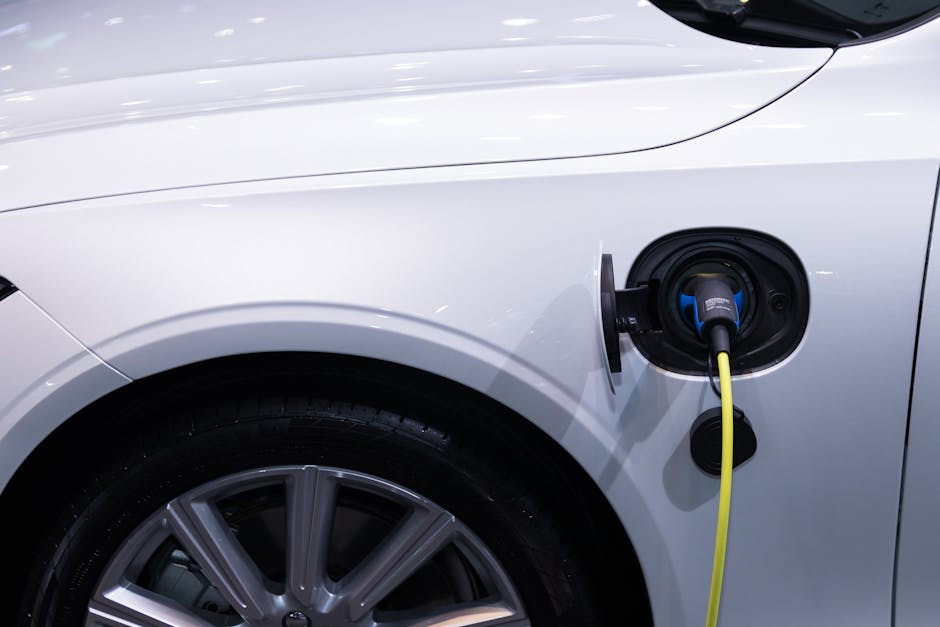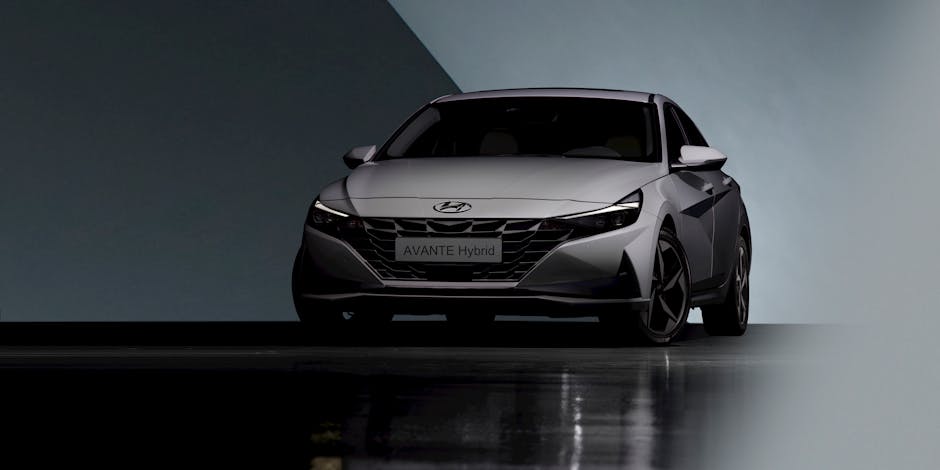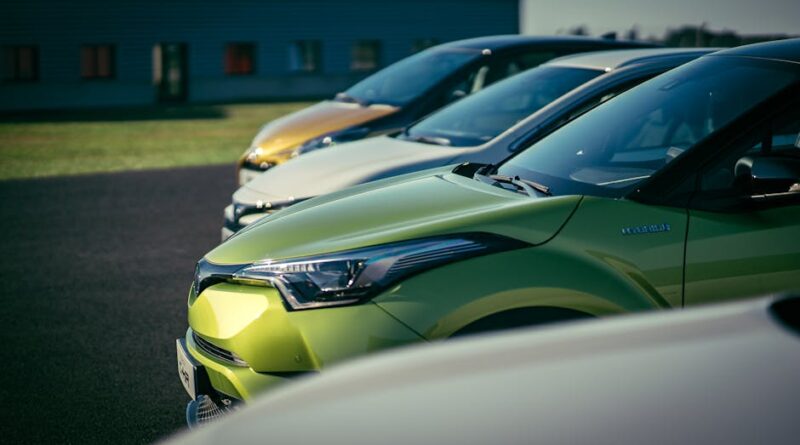The Pros and Cons of Hybrid Vehicles
Hybrid vehicles have become increasingly popular in recent years as a more environmentally friendly alternative to traditional gasoline-powered cars. With advancements in technology and a growing emphasis on sustainability, hybrid vehicles offer a promising solution to reduce emissions and decrease dependence on fossil fuels. However, like any other technology, hybrid vehicles come with their own set of advantages and disadvantages. In this comprehensive guide, we will explore the pros and cons of hybrid vehicles, shedding light on their impact, efficiency, and overall performance.
The Advantages of Hybrid Vehicles

Hybrid vehicles offer a range of benefits that make them an attractive option for environmentally conscious consumers. Let’s delve into some of the key advantages:
Fuel Efficiency
One of the primary advantages of hybrid vehicles is their superior fuel efficiency compared to traditional gasoline-powered cars. By combining an internal combustion engine with an electric motor, hybrid vehicles can achieve significantly higher mileage per gallon, reducing the overall fuel consumption and saving money for the driver.
For example, the Toyota Prius, one of the most popular hybrid cars on the market, boasts an impressive fuel economy of around 50 miles per gallon, making it a cost-effective and eco-friendly choice for commuters.
Reduced Emissions
Another significant advantage of hybrid vehicles is their reduced emissions of greenhouse gases and pollutants. By relying more on electric power and less on gasoline, hybrid vehicles produce lower levels of carbon dioxide, nitrogen oxides, and other harmful emissions that contribute to air pollution and climate change.
Studies have shown that hybrid vehicles can reduce carbon emissions by up to 25% compared to their gasoline counterparts, making them a greener option for environmentally conscious drivers.
Regenerative Braking
Hybrid vehicles are equipped with regenerative braking systems that capture the energy generated during braking and store it in the battery for later use. This innovative technology helps improve the overall efficiency of the vehicle by converting kinetic energy into electrical energy, which can be used to power the electric motor and reduce the workload on the gasoline engine.
By harnessing the power of regenerative braking, hybrid vehicles can extend their driving range and reduce fuel consumption, making them a more sustainable and energy-efficient choice for consumers.
The Disadvantages of Hybrid Vehicles

While hybrid vehicles offer a range of benefits, they also come with certain drawbacks that may influence a consumer’s decision. Let’s explore some of the main disadvantages of hybrid vehicles:
Higher upfront cost
One of the primary disadvantages of hybrid vehicles is their higher upfront cost compared to traditional gasoline-powered cars. The advanced technology and components required to build a hybrid vehicle can significantly increase the price tag, making them less affordable for some consumers.
Although the long-term savings on fuel and maintenance costs can offset the initial investment, the higher upfront cost of hybrid vehicles remains a barrier for many budget-conscious buyers.
Limited driving range
Another downside of hybrid vehicles is their limited driving range on electric power alone. While hybrid vehicles can switch between electric and gasoline power depending on driving conditions, they typically have a shorter range on electric mode compared to fully electric vehicles.
This limitation may be a concern for drivers who frequently travel long distances or rely on their vehicles for extended trips, as they may need to recharge or refuel more frequently to maintain optimal performance.
Complexity of technology
Hybrid vehicles are equipped with sophisticated technology and components that require specialized maintenance and repairs. The dual powertrain system, battery pack, and regenerative braking system can be more complex and costly to service compared to traditional gasoline engines.
Additionally, finding qualified technicians and obtaining replacement parts for hybrid vehicles may be more challenging, leading to longer wait times and higher repair costs for owners.
Common Misconceptions About Hybrid Vehicles

Despite their growing popularity, hybrid vehicles are still subject to several misconceptions and myths that may deter consumers from considering them as a viable option. Let’s debunk some common misconceptions about hybrid vehicles:
Hybrid vehicles are slow and lack power
One of the most prevalent misconceptions about hybrid vehicles is that they are slow and lack power compared to traditional gasoline-powered cars. In reality, many modern hybrid vehicles are equipped with powerful electric motors that can deliver instant torque and acceleration, providing a smooth and responsive driving experience.
Hybrid vehicles like the Tesla Model S and BMW i8 demonstrate that electric power can offer impressive performance and speed, dispelling the myth that hybrids are sluggish and underpowered.
Hybrid vehicles are not suitable for long trips
Another common misconception about hybrid vehicles is that they are not suitable for long trips or highway driving. While it is true that hybrid vehicles may have a shorter electric range than fully electric cars, they are still capable of traveling long distances on gasoline power alone.
Hybrid vehicles like the Chevrolet Volt and Toyota Camry Hybrid are designed for versatility and can seamlessly transition between electric and gasoline power to accommodate different driving conditions, making them a practical choice for drivers who frequently travel long distances.
Conclusion

In conclusion, hybrid vehicles offer a range of advantages and disadvantages that make them a unique and compelling option for environmentally conscious consumers. With superior fuel efficiency, reduced emissions, and innovative technology, hybrid vehicles are paving the way for a more sustainable and eco-friendly future in the automotive industry.
However, the higher upfront cost, limited driving range, and complexity of technology are important considerations that may impact a consumer’s decision to purchase a hybrid vehicle. By weighing the pros and cons carefully and understanding the common misconceptions surrounding hybrid vehicles, consumers can make informed choices that align with their values and lifestyle.
Whether you are considering buying a hybrid vehicle or simply curious about the technology behind these innovative cars, exploring the pros and cons of hybrid vehicles can provide valuable insights into the future of sustainable transportation.




